Nearly 20,000 Amazon staff had COVID
The company says the number of positive cases is below what it expected.
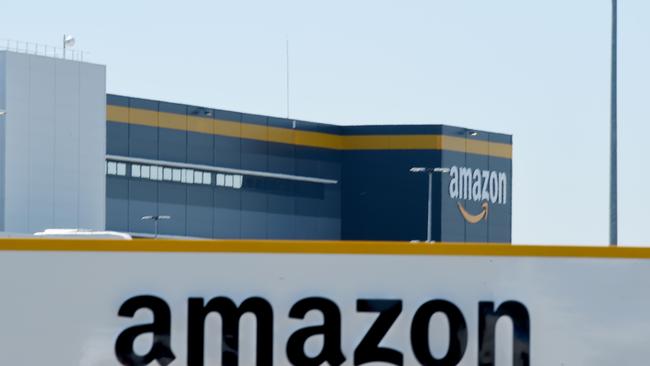
Hello and welcome to The Download, The Australian’s technology blog for the latest tech news.
4.30pm: Nearly 20,000 Amazon staff had COVID
Amazon said on Thursday said more than 19,000 of its workers have tested positive for the novel coronavirus, the first time so major a U.S. employer has disclosed such data.
The company said the number of positive cases is below what it expected. Amazon, which months ago began to build its own labs for testing, has tested thousands of employees since March and said it would be conducting 50,000 tests a day by November.
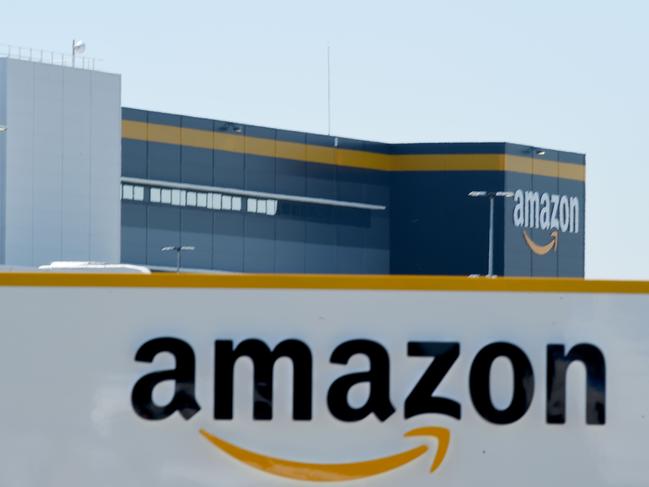
Based on the infection rate of the general population, Amazon said it would have expected 33,952 positive cases among a workforce of more than 1.3 million in the US. Instead, it said 19,816 employees have tested positive or been presumed positive. The number includes employees at Whole Foods Market, which Amazon owns.
The US has had about 2,180 cases of COVID-19 per 100,000 people, according to the U.S. Centers for Disease Control and Prevention. Amazon’s infection rate would be about 1,442 per 100,000 workers, according to Wall Street Journal calculations.
Early in the pandemic, Amazon faced criticism from employees about its response to the virus. Employees at several facilities staged walkouts in the spring demanding that Amazon shut down facilities with positive cases. Workers said Amazon was slow to communicate positive cases among its employees. The company until now hadn’t disclosed the rate at which employees were testing positive.
Amazon called on other corporations to release such data, a step very few companies have taken, even as some ramped up hiring to meet a surge in demand at the onset of the pandemic.
Chris Griffith 11.15am: ACCC says Google $1bn pledge to publishers coincides with global action
Australia’s competition watchdog says Google’s move to pay publishers in Germany and Brazil to use their content in the new Google News Showcase is a step in the right direction.
The Wall Street Journal has reported that Google will pay publishers more than $US1bn ($A1.4bn) over the next three years to license news content for the new service. Details are in a post below.
News Corp chief executive Robert Thomson told the Journal: “We applaud Google’s recognition of a premium for premium journalism and the understanding that the editorial ecosystem has been dysfunctional, verging on dystopian. There are complex negotiations ahead but the principle and the precedent are now established.”
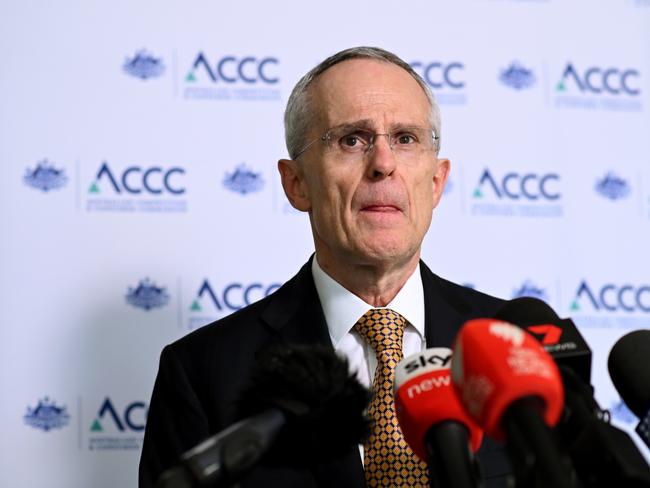
The Australian Competition and Consumer Commission (ACCC) is in an advanced stage of devising a code that will require Facebook and Google to negotiate payments with media organisations for using their content. It includes an arbitration process, and there is an expectation of legislation this year.
The move has been subject to resistance by the tech giants who are particularly concerned about the “final offer” arbitration process which will force them to agree to a payments system if a deal cannot be struck amicably with media companies. Google Australia managing director Melanie Silva has described the process as “baseball arbitration”.
Others have concerns about Google and Facebook launching delaying legal action and holding up any agreement in the courts for years, if the arbitration process doesn’t force a final settlement.
Google’s offer to pay publishers in Germany and Brazil for content used in a specific news service casts a narrower net than what the ACCC is seeking to cover. It doesn’t apply to Australian media, nor other aspects of Google’s services such as the use of media content in Google Search.
Nevertheless the ACCC sees it as a step in the right direction. ACCC chair Rod Sims says: “ We are aware of a number of voluntary commercial arrangements offered by the large platforms in Australia and elsewhere which involve payment for news content.
“We note that the timing of these offers appears to coincide with increased Government scrutiny both in Australia and overseas,” Mr Sims says.
“The news media bargaining code is designed to encourage good faith, commercial negotiations between news media businesses and platforms. The objective is commercial, not one-sided, outcomes.”
The ACCC says it is working with Treasury to deliver a revised news media bargaining code to government this month (October). “We are considering submissions and taking broad feedback into account,” Mr Sims says.
With the US election looming, the big tech firms face heightened scrutiny in their home US market, as well as markets including Europe and Australia.
Chris Griffith 7.50am: Big tech firms line up to donate to Biden
Big tech firms have lined up behind Democratic challenger Joe Biden according to donation details published by OpenSecrets.
In Australia, we often don’t know details about large-scale donors and the sums they give our political parties and candidates until well after the polls. In the US, the scope of donations seems more open and in real time.
For starters, OpenSecrets estimates the US election itself will cost almost $US11bn, which is the most expensive in US history. Politico reports that Mr Biden’s campaign raked in $US10m during the first presidential debate this week. That included more than 60,000 new contributors and 100,000 people signing up to volunteer for his campaign.
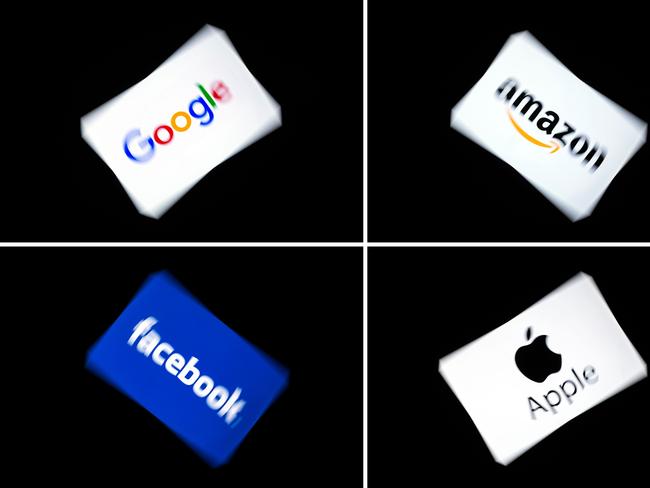
A chart based on OpenSecrets records shows the main donors for the Biden camp start with Google parent Alphabet with more than $US1.5m during the 2020 cycle. The graphs point out that companies are not able to directly donate to the candidates, however company political action committees, employees and members can.
Alphabet, Microsoft, Amazon, Facebook and Apple are all in the top seven donors based on the graph.
A similar graph of major donors to President Trump shows a totally different picture with the US Postal Service as the top donor with more than $240,000.
That’s significant for two reasons. First, it’s the major vehicle for mail voting during the election, an exercise that President Trump says will be compromised by fraud.
Secondly, there was controversy in August over Mr Trump’s appointment of Louis DeJoy to head the postal service. He is a prominent Trump supporter and donor and was subsequently accused of reducing postal worker hours and removing sorting machines to slow the operation of the postal service. He denied the claim at a US hearing.
The US Postal Service is followed by the US department of Defence, US Government, US Army and American Airlines as major donors. Again, the money is sourced to political action committees, employees and members. Walmart who has partnered Oracle in bidding to take over video social media platform TikTok in the US comes in at number ten.
Chris Griffith 7.10am: Companies to be punished for paying ransomware
Reuters reports a US Treasury move to stem the blossoming market of consultants who help organisations pay cybercriminals ransomware.
Organisations are left totally compromised if ransomware infiltrates their computer systems and encrypts their data. Hackers undertake to decrypt the data and make it available again if companies pay a large ransom in return.
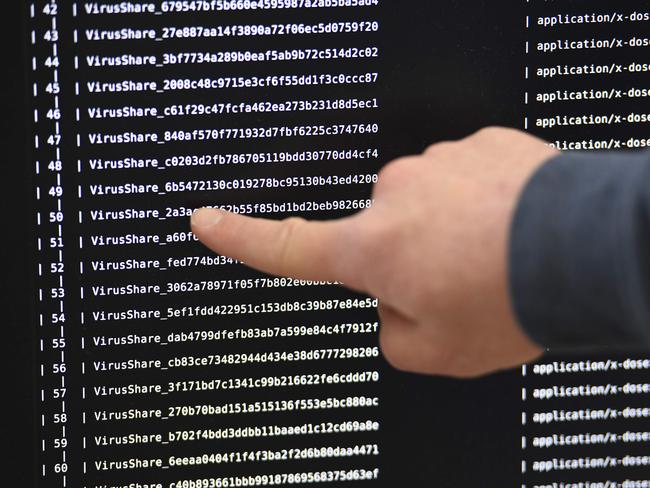
It reports that facilitators of these payments could be prosecuted for dealing with hackers who are the subject to US sanctions. Prosecutions can proceed whether the companies involved knew about the sanctions or not.
Companies may feel that paying ransomware is the only option they have and it will get them off the hook. However paying up validates ransomware as lucrative financially, and energises hackers to find new victims.
6.30am: Google pledges $1bn to publishers
Google says it will pay publishers more than $US1bn ($A1.4bn) over the next three years to license news content for a new product called Google News Showcase.
The product will display story panels — teasers for articles in Google’s news section — complete with images and summaries selected by publishers. Users who click on the story panels will be taken directly to news organisations’ websites, where a story can be read in full.
The program is launching in Germany and Brazil. Google is in talks with publishers in other countries, including the US, according to people familiar with the matter. Google has already signed deals with nearly 200 publications, including Der Spiegel, Stern, Handelsblatt and Folha de S. Paulo.
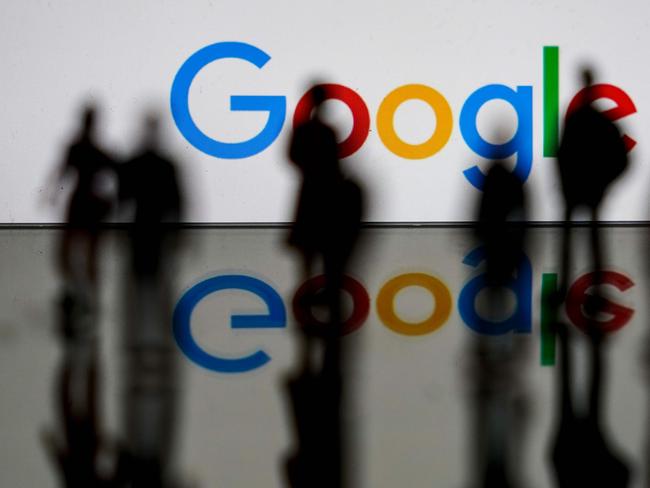
Google News Showcase will be integrated into the Google News app and eventually will be available on Google Search. The company plans to include audio briefings and video clips later.
“The value of news to Google is really about building a more-informed world,” said Brad Bender, vice president of product management for news at Google. “This launch and billion-dollar global investment takes our support to a new level.”
Mr. Bender said news outlets will be paid based partly on the number of stories they curate and summarise for Google News. The readership of those stories won’t affect how much publishers are paid, one of the people familiar with the matter said. Mr Bender declined to say how much publishers will be paid annually.
Several Silicon Valley heavyweights have ventured into the business of rounding up news stories. Last year, Apple launched Apple News+, which carries stories from several news organisations, including The Wall Street Journal.
Apple said that product will be offered as part of a bundle for subscribers called Apple One, which will include television shows and music. Facebook Inc. is paying publishers to include story summaries in its news tab, a feature launched last year.
Google has been in talks with publishers about potential licensing arrangements since early this year, the Journal has reported.
Google is facing scrutiny from federal and state authorities. The US Justice Department has been moving toward bringing an antitrust suit against Google, while state attorneys general are pursuing their own investigation of the tech company, the Journal has reported.
Some news publishers have complained about Google’s dominance of the online advertising marketplace, including its various tools that help place ads on websites. Google has also been criticised by executives at major news organisations — including Wall Street Journal parent News Corp — for using news content in its products without paying the publishers that provide it.
News Corp chief executive Robert Thomson said: “We applaud Google’s recognition of a premium for premium journalism and the understanding that the editorial ecosystem has been dysfunctional, verging on dystopian. There are complex negotiations ahead but the principle and the precedent are now established.”
The Wall Street Journal



To join the conversation, please log in. Don't have an account? Register
Join the conversation, you are commenting as Logout